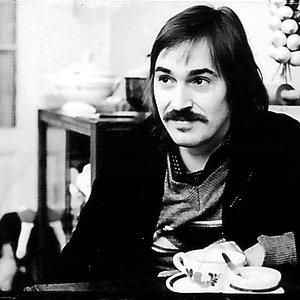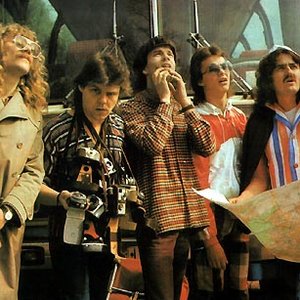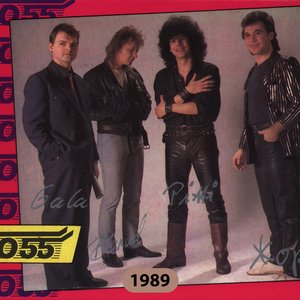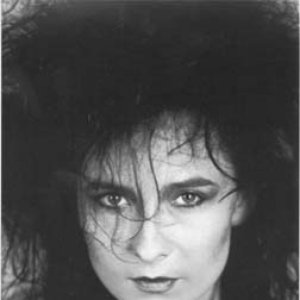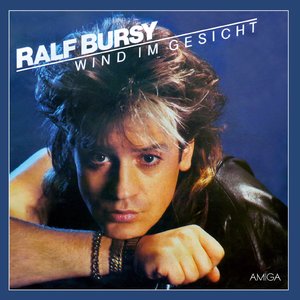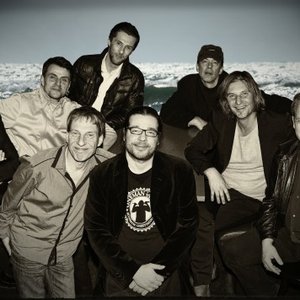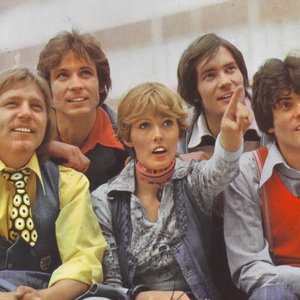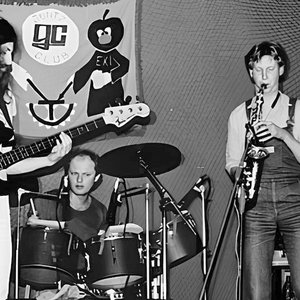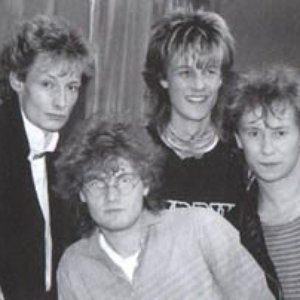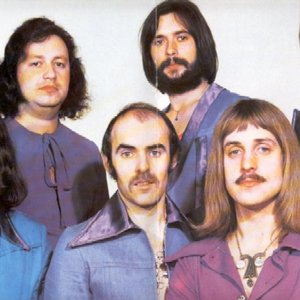Biography
-
Born
29 January 1949
-
Born In
München, Bayern, Germany
-
Died
27 March 2007 (aged 58)
Stefan Diestelmann (* 29. January 1949 in Munich; † 27. March 2007 in Tutzing) was a singer, guitarist, harmonica player, lyricist, composer and film producer. From 1961 to 1984 he lived in the GDR. His many years of practical experience, his intensive involvement with forms of expression in blues and jazz and his joint appearances with blues musicians such as Louisiana Red, Memphis Slim, Alexis Korner and Phil Wiggins made him an accomplished blues musician.
Stefan Diestelmann was born in 1949 as the son of the acting couple Hildegard and Jochen Diestelmann. He was early occupied with the blues and taught himself his abilities autodidactically. In 1961 he moved to the GDR together with his parents who both worked for the DEFA. At the age of twelve he got his first guitar as a present from his parents and began to play, collected records and studied literature about the life and work of Afro-American Blues interpreters. Stefan Diestelmann had his first appearances with the Teddys. He then played in various amateur bands until Axel Stammberger brought him into his band Vai hu in 1975. However, Stammberger could not match his inclination for authentic, unspoilt blues. So in May 1977, after a short interlude with the blues band Engerling, he founded his own band. The founding line-up of the Stefan Diestelmann Folk Blues Band included:
Stefan Diestelmann (guitar, vocals, harmonica)
Dietrich Petzold (violin, percussion)
Rüdiger Phillipp (bass)
Bernd Kleinow (harmonica).
Dietrich Petzold had learned his trade from Klaus Lenz and Uschi Brüning before playing with Diestelmann. Rüdiger Phillipp also came from Uschi Brüning to Vai hu. Although the Stefan Diestelmann Folk Blues Band clearly differed from other bands like Engerling, Monokel or Freygang in style (e.g. by not playing drums) and style (by its emphasis on the Afro-American blues musicians (T-Bone Walker, Muddy Waters, B. B. King), it was very popular in the GDR blues scene. The closeness to the audience and his lyrics brought Stefan Diestelmann more and more the displeasure of the GDR state power and led in some GDR districts to performance bans. Stefan Diestelmann had already been sentenced to a suspended sentence on 5 March 1967 for "defamation of the state" and so-called "preparation for a flight from the republic". His texts (Der Alte und die Kneipe oder Hof vom Prenzlauer Berg) reflected everyday life and told of dilapidated houses, the coalman, pubs and drunkards, and did not fit into the official image of the GDR.
At the beginning of October 1977 he also appeared at a youth worship service of the opposition "Offenen Arbeit" (Open Work) around Pastor Christoph Wonneberger in the Dresden vineyard congregation and in 1980 together with "Holly" Holwas at the Blues Mass in the East Berlin Church of the Resurrection.
Nevertheless, Stefan Diestelmann was given the opportunity for radio productions, guest appearances abroad and appearances at official events, such as the Berlin Palace of the Republic, where he appeared on stage with Memphis Slim on 25 May 1978. In 1978 Amiga released his first LP, on which Wolfgang Fiedler and Volker Schlott from the jazz rock band Fusion can be heard as guests. A year later he appeared for the first time on GDR television in Der Mann aus Colorado 2, and in 1981 Diestelmann played alongside Dean Reed in the DEFA film Sing, Cowboy, sing einen Barkeeper. In 1984 Stefan Diestelmann was given the opportunity to perform in Hildesheim in the Federal Republic of Germany, but without the band. The "Blues King of the GDR" did not return to the GDR from this concert.
Since then he lived at the Ammersee in Bavaria. In the Federal Republic he could not follow up on his successes in the GDR. In the mid 1990s he ended his musical career to found the company Diestelfilm. Diestelfilm produced presentation and documentary films.
Diestelmann died in 2007. His death became known only at the end of 2011 through an article by the journalist Steffen Könau.Könau continued his research on Diestelmann and in July 2016 made public that the Ministry of State Security of the GDR had spyed out the musician for years by means of the so-called Operative Personality Control "Diestel" under the file number XV/7032/81.
Geboren am 29.01.1949 in München, zählt der seit 1961 in der DDR lebende Diestelmann zu den besten Bluesmusikern des Landes. Schon als Schuljunge interessierte er sich für den Blues der Afroamerikaner in den USA. Er spielt g, banjo, harm, perc und singt. Erfahrungen sammelte er in verschiedenen Blues-Bands. Bei Amiga spielte Diestelmann zwei LP ein. 1982 spielte er mit Alexis Korner anlässlich der Bratislavska Lyra. 1985 verließ er die DDR.
Artist descriptions on Last.fm are editable by everyone. Feel free to contribute!
All user-contributed text on this page is available under the Creative Commons Attribution-ShareAlike License; additional terms may apply.
